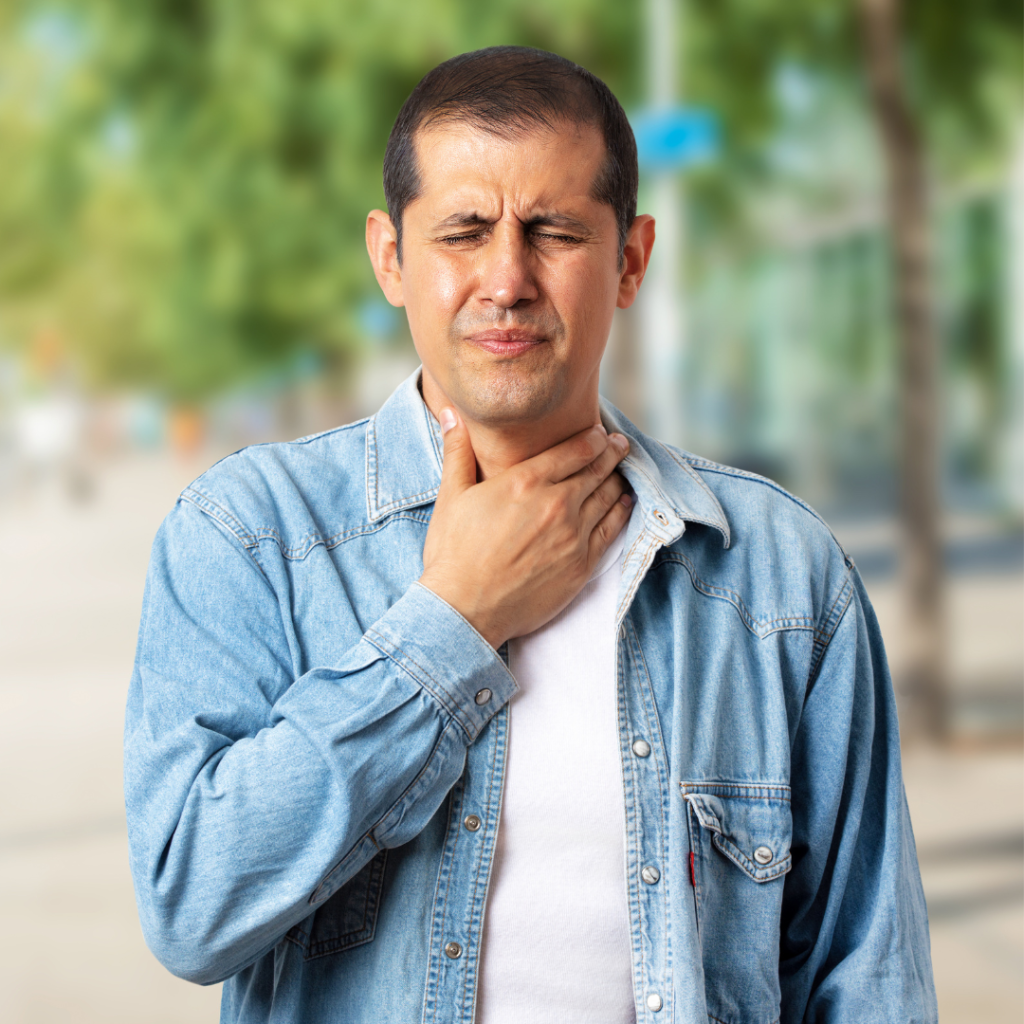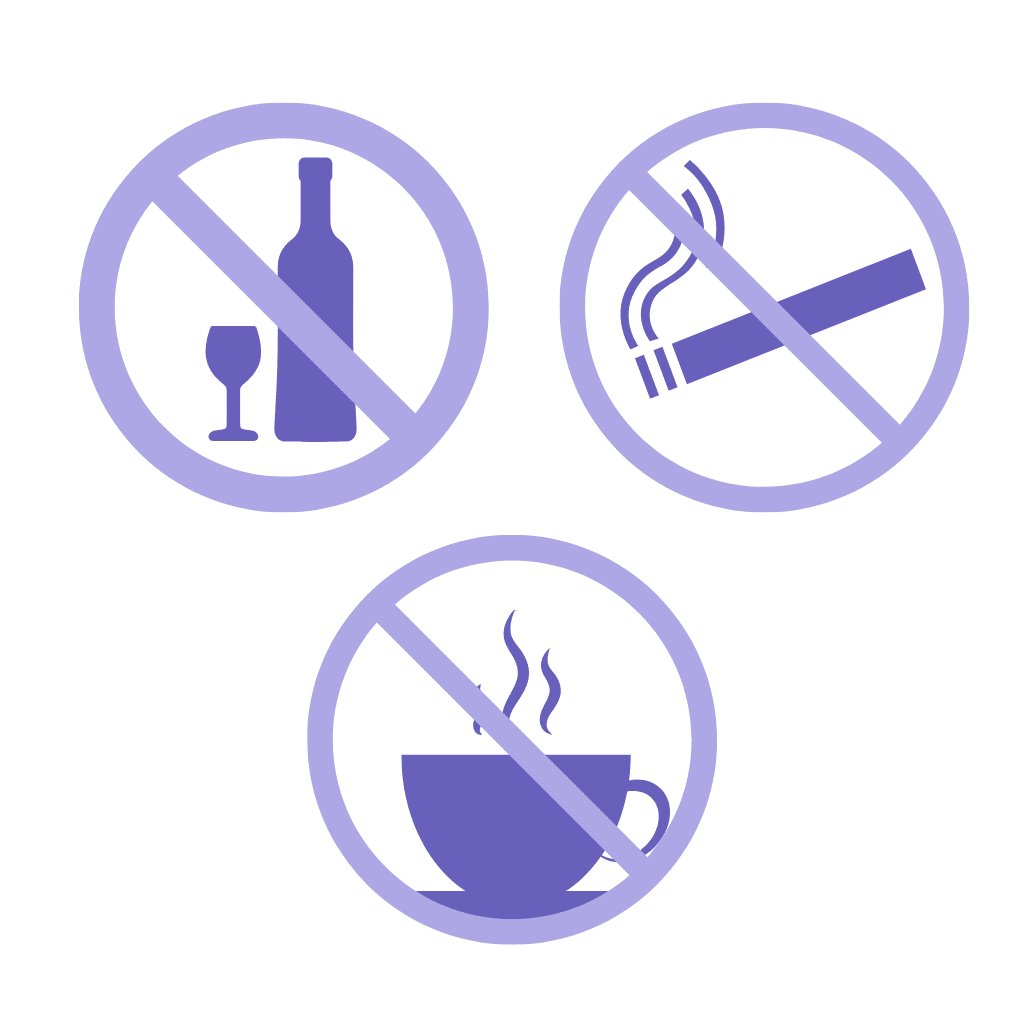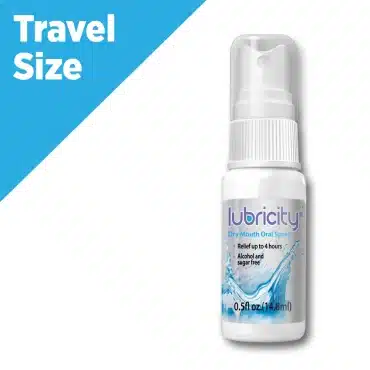
Do you often find yourself dealing with a parched mouth? If so, you may be experiencing dry mouth, scientifically referred to as xerostomia. Despite its seemingly trivial nature, this condition can greatly affect your oral health and overall well-being. In this informative article, we’ll explore the diverse causes of dry mouth, including both medical and non-medical factors.
By gaining insight into what causes dry mouth, its symptoms, and solutions you’ll be equipped to seek the right treatments and management techniques to ease the discomfort associated with this condition. So, let’s dive in and discover how you can find relief from dry mouth.
Underlying Medical Conditions
A dry mouth can be a symptom of several underlying medical conditions. It is often associated with:
Medications
- Antihistamines, decongestants, and anticholinergic drugs: These medications can hinder saliva production.
- Antidepressants and antipsychotics: Certain psychiatric medications may causes dry mouth as a side effect.
- Blood pressure medications: Some medications used to control hypertension can contribute to dry mouth.
- Pain medications: Opioids and nonsteroidal anti-inflammatory drugs (NSAIDs) can induce dry mouth.
Health Conditions
- Sjögren’s syndrome: An autoimmune disorder that primarily affects salivary and tear glands, leading to dryness in the mouth and eyes.
- Diabetes: Poorly controlled blood sugar levels can result in dry mouth.
- Parkinson’s disease: The condition can impact the autonomic nervous system, affecting saliva production.
- HIV/AIDS: Individuals with these conditions may experience dry mouth as a result of medication side effects or immunodeficiency.
Radiation Therapy and Chemotherapy
Cancer treatments involving the head and neck area can damage salivary glands, leading to reduced saliva production and dry mouth.
Difficulty Swallowing and Speaking
It can make swallowing and speaking more challenging. The lack of saliva in the mouth can cause a sticky or dry feeling, making it difficult to articulate words properly. This can affect one’s ability to communicate clearly and may lead to frustration or embarrassment.
Lifestyle and Habits
Certain lifestyle choices and habits can contribute to the development of dry mouth:
Smoking and Tobacco Use
Smoking and tobacco use are well-known contributors to dry mouth. The chemicals present in tobacco products can irritate the salivary glands and hinder saliva production. Furthermore, smoking can lead to gum disease, which can also contribute to dry mouth symptoms. Quitting smoking and avoiding tobacco products not only improves overall health but also helps alleviate dry mouth.

Certain Foods and Beverages
Consuming certain foods and beverages can contribute to dry mouth. Foods high in salt, sugar, or spice can dehydrate the body, leading to reduced saliva production. Additionally, acidic foods and beverages, like citrus fruits and sodas, can irritate the mouth and affect saliva flow. Moderation and balance in the diet, along with adequate water intake, can help prevent dry mouth caused by these food and beverage choices.
Alcohol and Caffeine Consumption
Both smoking and alcohol consumption can contribute to dry mouth. Tobacco use can directly reduce saliva production, while alcohol can dehydrate the body, leading to a dry mouth sensation.
Symptoms of Dry Mouth
Symptoms of dry mouth can vary from person to person, but there are some common indicators to look out for. These symptoms include:
Persistent Thirst and Dryness
One of the most noticeable symptoms of dry mouth is a persistent feeling of thirst and dryness in the mouth. This sensation can be quite uncomfortable and may lead individuals to drink water or other beverages more frequently in an attempt to alleviate the dryness.
Difficulty Swallowing and Speaking
It can make swallowing and speaking more challenging. The lack of saliva in the mouth can cause a sticky or dry feeling, making it difficult to articulate words properly. This can affect one’s ability to communicate clearly and may lead to frustration or embarrassment.
Sticky or Dry Feeling in the Mouth
People with dry mouth often experience a sticky or dry sensation in their mouths. This can affect the overall comfort and function of the oral cavity. For example, it may become uncomfortable to eat certain foods or wear dentures due to the lack of moisture in the mouth.
Sore or Dry Throat
Another common symptom of dry mouth is a dry throat. The lack of saliva can cause irritation and soreness in the throat, leading to discomfort and a constant need to clear the throat.
Coping with Dry Mouth
A dry mouth can be quite bothersome, but there are effective strategies to alleviate the symptoms and improve oral comfort. While addressing the root cause of dry mouth is essential, implementing the following techniques can significantly help:
- Stay Hydrated: It is crucial to maintain proper hydration by drinking water frequently throughout the day. Sipping water or even sucking on ice chips can provide temporary relief by moisturizing the mouth and stimulating saliva production.
- Avoid Irritants: Limiting or completely avoiding the consumption of alcohol, caffeine, and tobacco products can significantly reduce dry mouth symptoms and promote overall oral health. These substances tend to exacerbate dryness and contribute to the discomfort.
- Practice Good Oral Hygiene: Maintaining a regular oral hygiene routine is vital for managing dry mouth. Brushing your teeth at least twice a day, flossing daily, and rinsing with a fluoride mouthwash can help prevent tooth decay and gum disease. Proper oral hygiene minimizes the risk of oral health issues associated with dry mouth.
- Use Lubricity Oral Spray as a Saliva Substitute: One of the most effective solutions for dry mouth is Lubricity Oral Spray, recognized as the best saliva substitute available. This specialized product acts as an artificial saliva substitute, providing immediate and long-lasting relief. Lubricity Oral Spray is specifically designed to mimic the natural lubricating properties of saliva, ensuring optimal oral moisture. It soothes dryness, enhances comfort, and promotes saliva flow.
By incorporating these strategies into your daily routine, you can effectively manage the symptoms of dry mouth and enhance your overall oral well-being. Remember to consult with your healthcare professional for personalized advice and recommendations based on your specific condition.

Lubricity is a Proud Supporter of the
What do customers say about Lubricity Dry Mouth Spray?






